30, July 2024
Iran: Pezeshkian takes oath of office before Parliament as 9th president 0
Iranian President Masoud Pezeshkian takes the oath of office before Parliament , with dignitaries from more than 80 countries attending the inauguration ceremony.
Before the Holy Quran, Pezeshkian swore to safeguard the official religion of the country, Islam, and the Islamic Republic and the Constitution.
“As president, in the presence of the Holy Quran and before the Iranian nation, I swear to Almighty God that I will safeguard the official religion, the system of the Islamic Republic, and the Constitution of the country,” he stated.
“I will dedicate all my abilities and qualifications to fulfill the responsibilities entrusted to me, and I will devote myself to serving the people and elevating the nation, promoting religion and ethics, supporting righteousness, and expanding justice,” Pezeshkian added.
Judiciary chief Gholam-Hossein Mohseni-Ejei conducted the swearing-in ceremony.
Pezeshkian formally started his four-year term on Sunday when Supreme Leader of the Islamic Revolution Ayatollah Seyyed Ali Khamenei endorsed him as president following his victory in the July 5 runoff election.
Pezeshkian takes over from his predecessor, the late President Ebrahim Raisi, whose death in a May helicopter crash sparked the early election.
The inauguration ceremony is attended by senior Iranian politicians, military officials, and members of Parliament as well as dignitaries from 88 countries.
Around 600 journalists from Iran and abroad are covering the event.
As stipulated in Article 121 of the Iranian Constitution, the presidential oath must be administered in Parliament, where the president takes the oath of office in the presence of legislators and members of the Constitutional Council alongside the Judiciary chief.
After the inauguration, the president is required by law to submit the final list of his cabinet to Parliament for approval within two weeks.
Source: Presstv

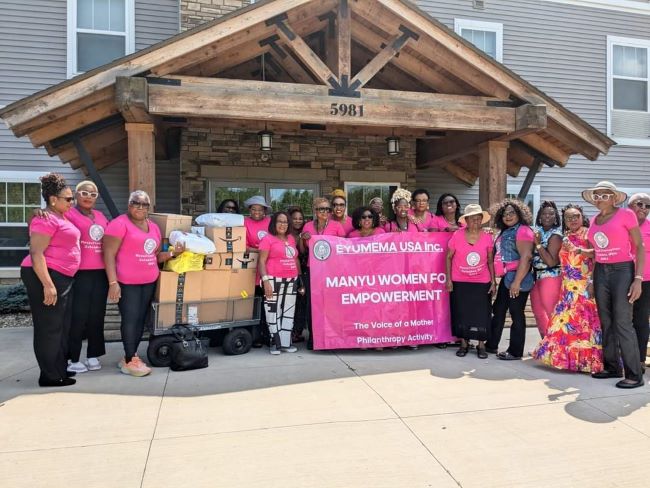

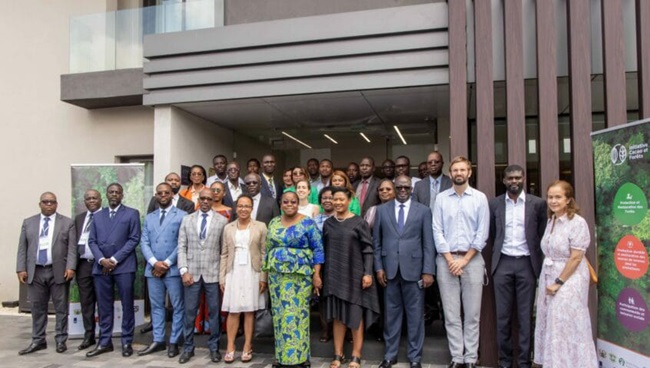


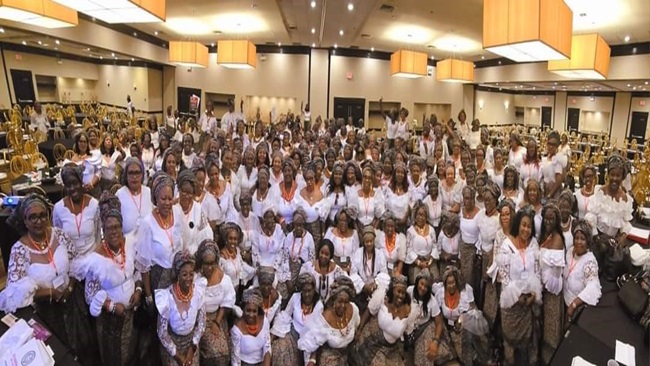
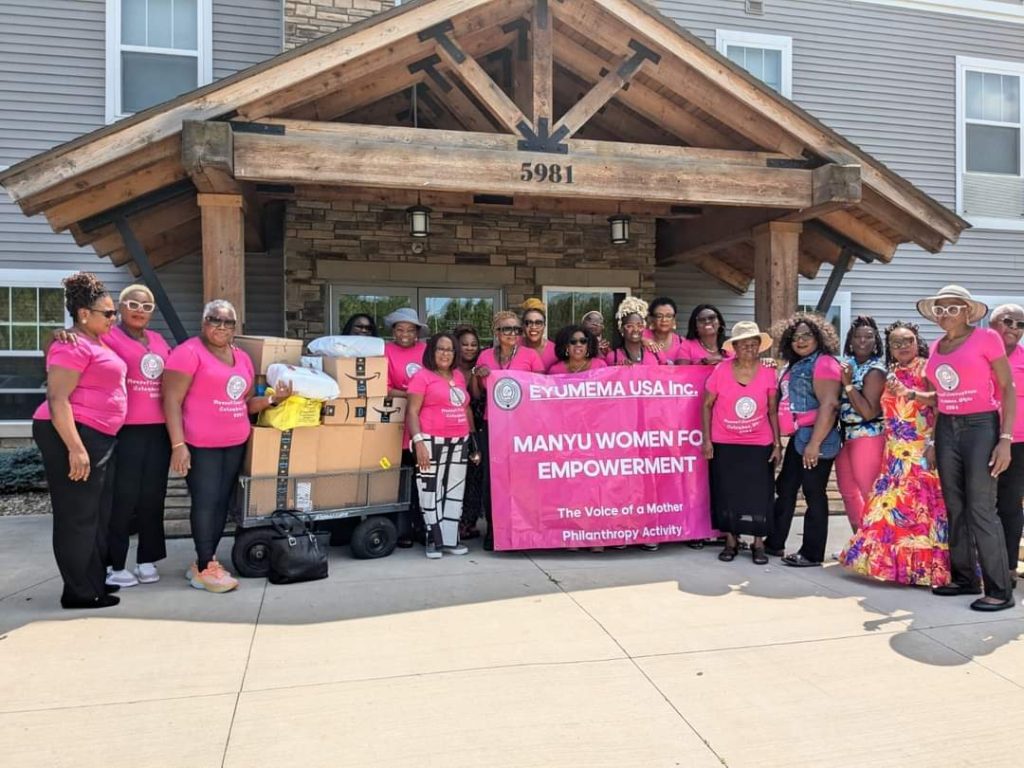
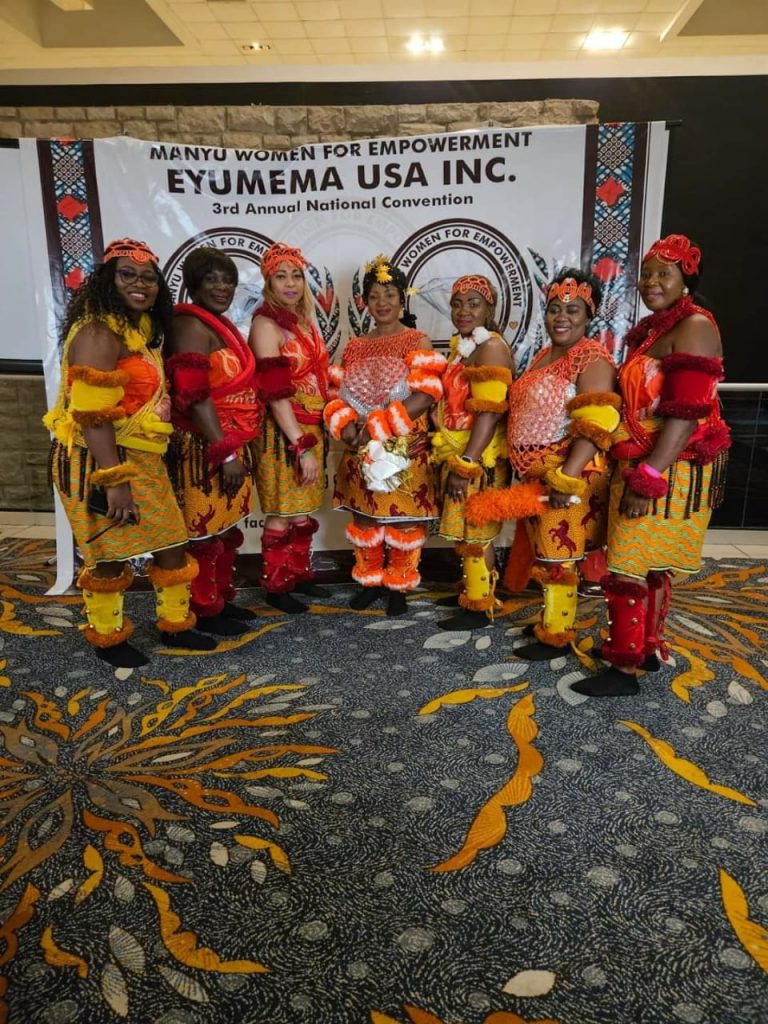

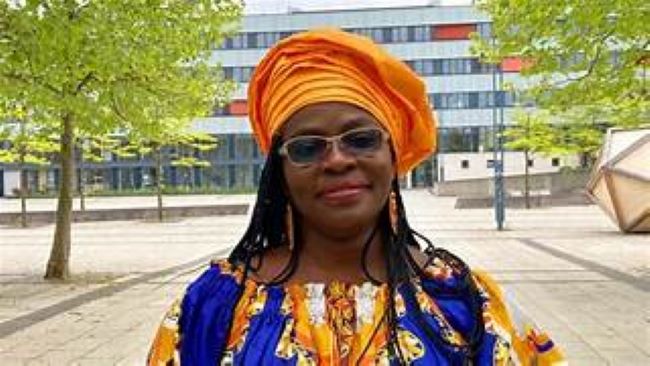


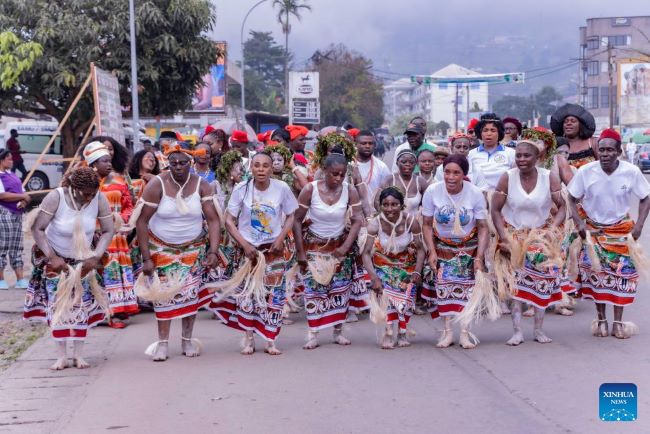

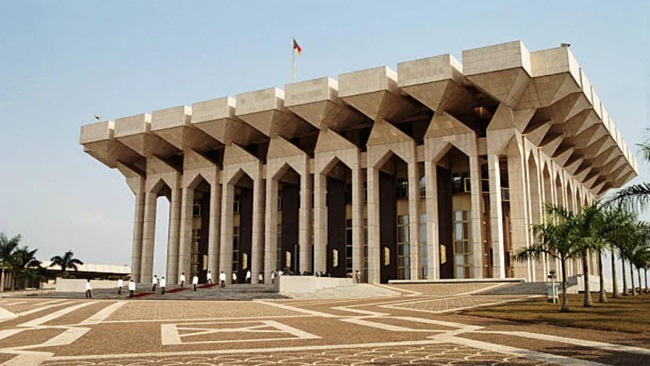







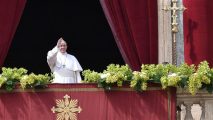



30, July 2024
Douala: Hairdresser arrested over anti President Biya social media post 0
Calling for political change can land you in jail in Cameroon, a country ruled by the same president for 42 years.
On July 24, three men in plain clothes claiming to work for the intelligence services arrested Junior Ngombe, 23, a hairdresser and social media activist, outside his shop in Douala, a city in Cameroon’s Littoral region. According to his lawyers, Ngombe was taken to a gendarmerie post in Douala before being transferred the following day to the State Defense Secretariat (Secrétariat d’État à la défense), a gendarmerie-run detention facility in the capital, Yaoundé. Human Rights Watch has previously documented widespread use of torture at the facility.
Ngombe’s lawyers said their client has been charged with “incitement to rebellion” and “propagation of false information.” They believe his arrest is linked to several TikTok videos in which Ngombe encouraged people to register to vote for the 2025 presidential elections, advocated for democratic change, and questioned authorities’ intolerance of criticism.
For many years, the Cameroon government has carried out a pervasive crackdown on opposition and dissent, jailing dozens of political activists, human rights defenders, journalists, and other government critics. In recent months, as presidential elections approach, it has increasingly restricted freedoms of expression and association.
In March, the territorial administration minister, Paul Atanga Nji, banned two opposition coalitions, describing them as “clandestine movements.” In June, gendarmes in N’Gaoundéré, Adamawa region, arbitrarily arrested Aboubacar Siddiki, known as Babadjo, a prominent artist and member of the opposition political party, National Union for Democracy and Progress (Union nationale pour la démocratie et le progrès). His arrest came moments after his release from three-month imprisonment for “insulting” a governor. In July, Cameroon’s National Assembly passed a law to postpone the scheduled February 2025 parliamentary elections and extend the current parliamentarians’ term in office until March 2026. Opposition parties argue the postponement will make it harder for them to succeed in the 2025 presidential elections. Also in July, the head of the Mfoundi administrative division, Emmanuel Mariel Djikdent, issued a decree threatening to ban from the division “anyone who dangerously insults the [state] institutions or the person who embodies them.”
Cameroonian authorities should listen to peaceful demands for reform instead of stifling freedom of expression. They should immediately release Ngombe and drop the charges against him.
Source: Human Rights Watch